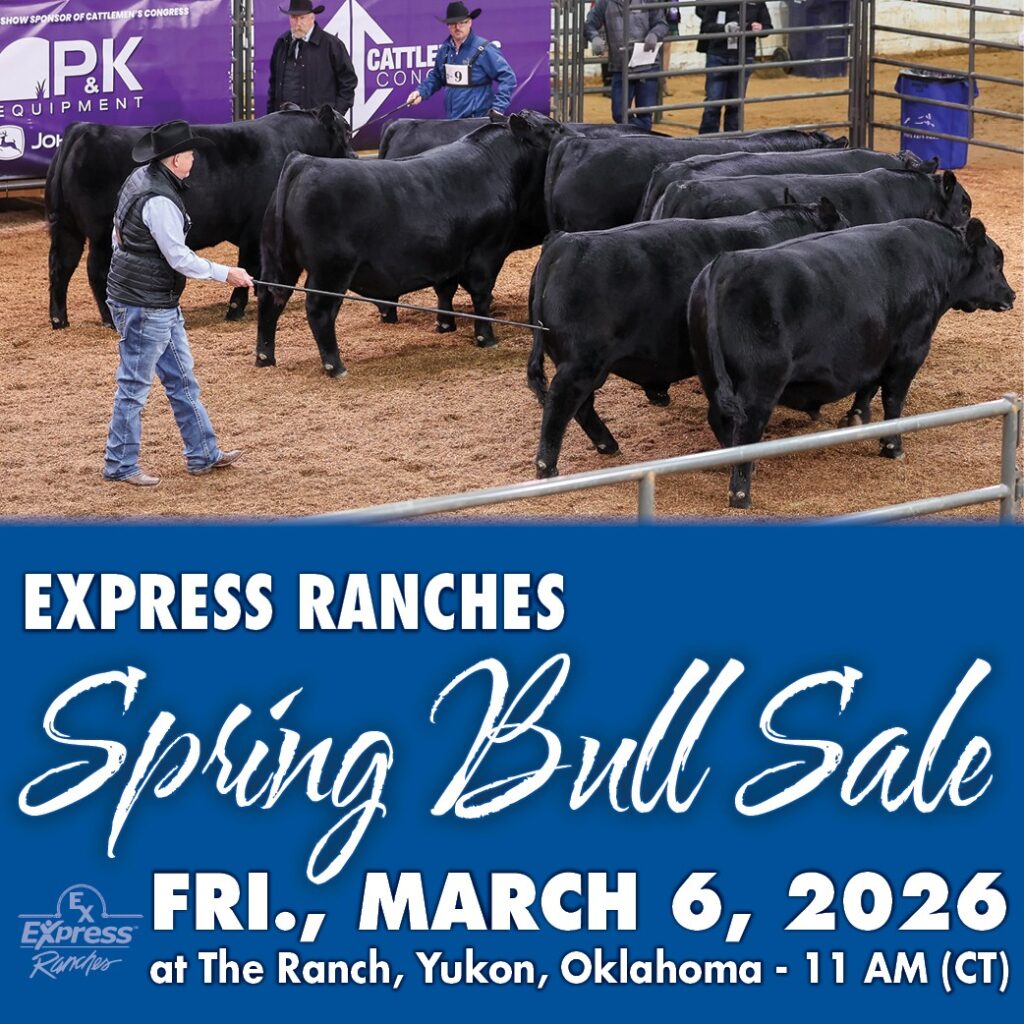

While attending Crop Progress, Oklahoma Farm Report’s Maci Carter caught up with Jessie Bhalerao, of FIRST – Farmers Independent Research of Seed Technologies to find out what the organization is all about.

FIRST has been in business for more than 25 years doing on-farm research with variety trials, similar to those conducted by universities. The trials evaluate several varieties of hybrids, and soybean varieties in the same plot, literally head-to-head.
“It’s a great way to determine what kind of seed you want to purchase for next season because a lot of the entries into our test are up-and-coming new varieties that seed companies will want to sell the next year,” Bhalerao commented.
FIRST garners participation from seed companies to have varieties to test. Bhalerao said, “They pay a fee to be entered into the trials, so we are asking which products they want to place in the test. We then add some different varieties to compare to the ones they have entered, and we put them into a three replicant test, so that is a lot of information management in order to put the plants out there three times in each field, meanwhile, our field managers are looking for farmers willing to work with us to host the trials on their farms.
“The have to make space for that plot and are going to manage it in the same way as their own fields, so all the information we are getting is a very real world result.”
Research managers do the planting and harvesting and arrange all of the seeds. The seed companies paying for the research, but the farmers give their time and effort to provide information about how they manage the farm such as fertility, tillage, pest management, and soil samples. Farmers benefit from receiving the results of the research, and the top thirty products’ performance stats, and they keep the grain produced.
Seed companies have invested in a program to receive objective data on their seed, so they can provide it to consumers when they sell the seed. Every product is tested at least four different times, at four different locations so it experiences different weather conditions, soils, and management practices.
“It’s a way for their sales force to have confidence in what they are selling. It’s a way for them to market – a win, if they won the plot. So they get a lot out of it,” Bhalerao said.
The data gained is occasionally offered to universities to help with certain research projects they may be conducting. One project was evaluating drought-tolerant seeds to combat climate change and used the years of research conducted by FIRST to learn interesting facts about GMO versus bred drought tolerance.
“Our data is going to become a really exciting thing to investigate, and we are hoping to have more collaboration with university partners,” Bhalerao stated.
The staff at FIRST is excited about new trials going on in Western and Central Kansas, which has brought new researchers on board and bringing farmers willing to participate with them.
“We’ve expanded a little bit further West, and further North, so into the North Dakota, Minnesota Red River Valley, and we get inquiries from other people on into the Delta, but we can’t expand there until we have a researcher that is willing to go and travel to all of our plots. It is a lot of work, and you have to have a lot of equipment,” she said. “There are also new traits being tested, and many new varieties. Those things will be published this fall, and people can look at them to plan next year’s crop.”
More information can be found at firstseedtests.com. Research since 2008, is available on the website, as well as the methodology, product results, and other information about how research is conducted.



















